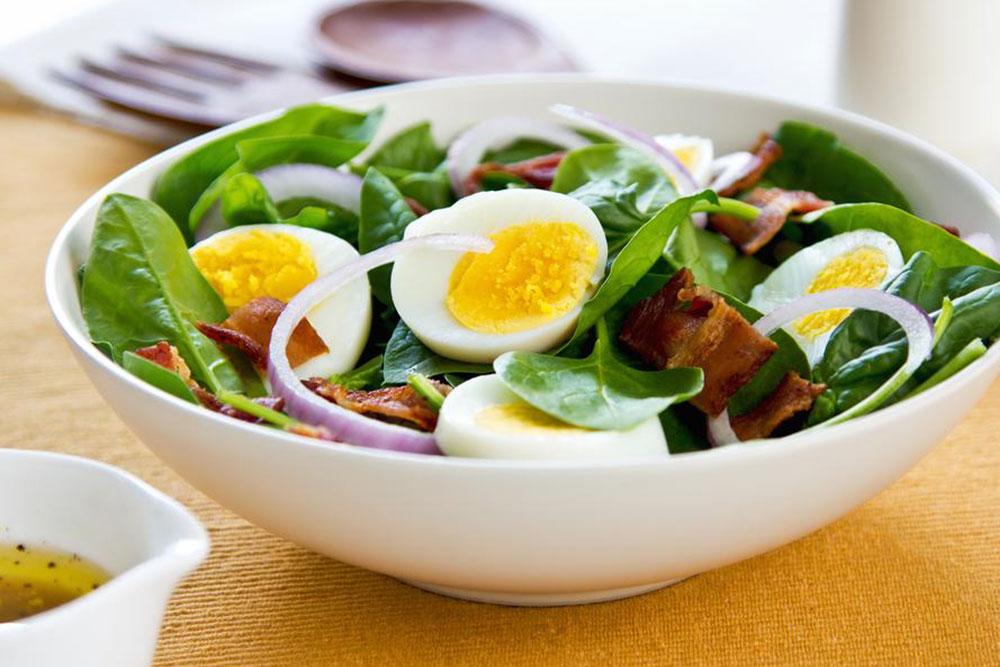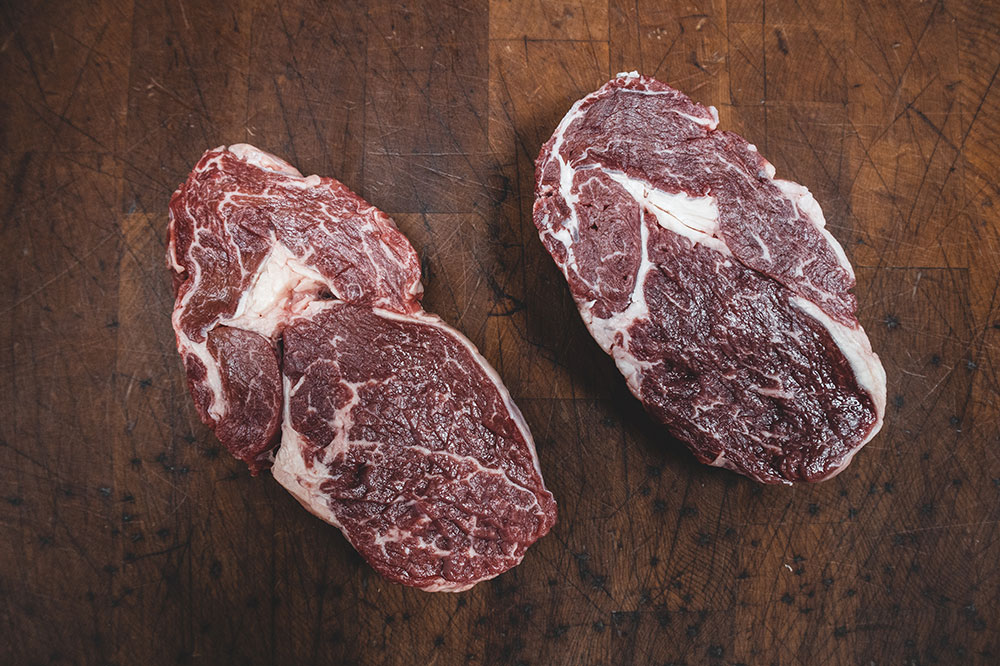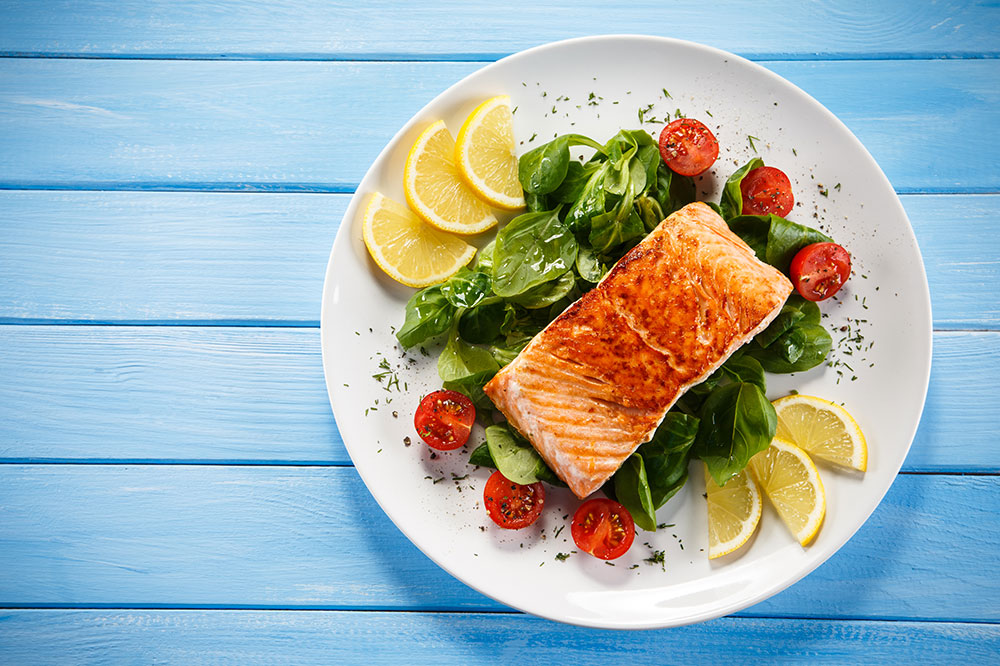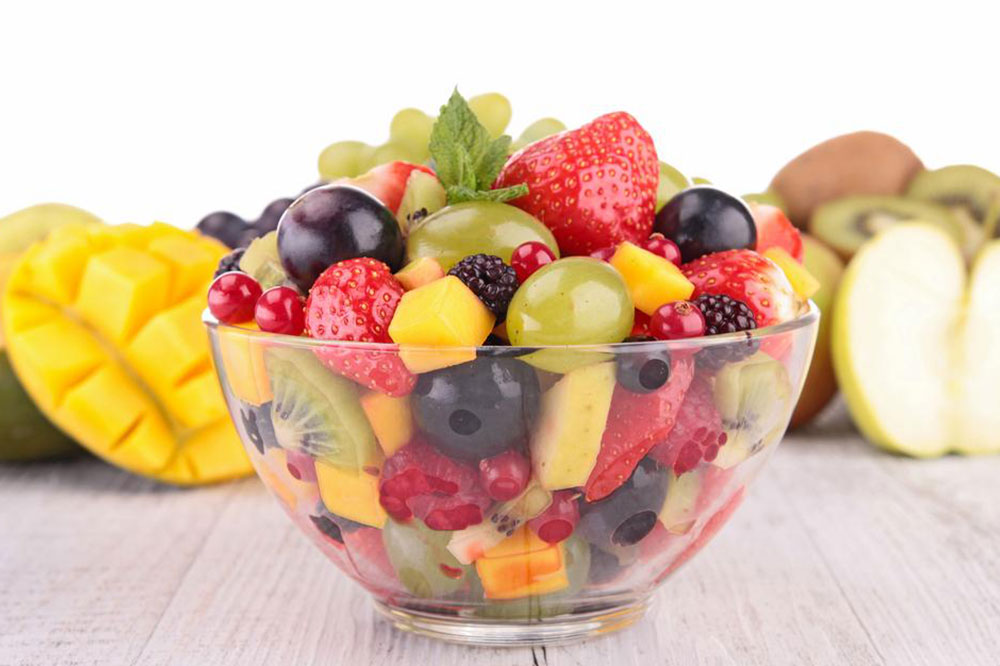Comprehensive Nutritional Strategies for Managing Chronic Myeloid Leukemia
This comprehensive article discusses dietary strategies crucial for managing chronic myeloid leukemia (CML). It emphasizes the importance of lean proteins, probiotic foods, fruits and vegetables, whole grains, and healthy fats. Proper nutrition can boost immune health, support treatment, and improve quality of life for CML patients. Practical dietary tips and food options are provided, focusing on enhancing recovery and overall well-being during treatment. An in-depth understanding of nutritional choices tailored to CML supports better health outcomes and disease management.
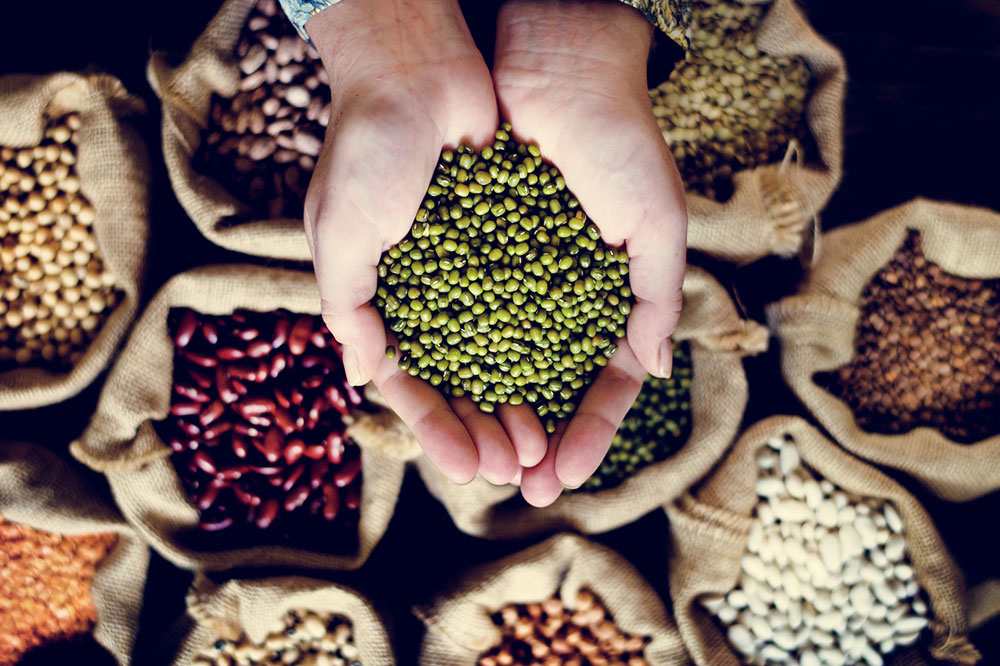
Smart Dietary Approaches to Support Chronic Myeloid Leukemia Patients
Chronic myeloid leukemia (CML), also referred to as chronic myelogenous leukemia, represents a significant health challenge affecting the bone marrow and blood cell production. This type of blood cancer is characterized by the uncontrolled proliferation of white blood cells, which can impair immune function and lead to symptoms such as persistent fatigue, weight loss, and increased susceptibility to infections. Managing CML involves a multifaceted approach, and proper nutrition plays a pivotal role in supporting treatment efficacy, rebuilding strength, and improving overall quality of life.
In this guide, we delve into effective nutritional strategies tailored for individuals battling CML. By making informed dietary choices, patients can enhance their immune response, mitigates side effects, and promote better health outcomes. Here are some key nutritional components and food choices that can support CML management.
Incorporating Lean Protein Sources to Support Recovery
Protein is a fundamental macronutrient necessary for tissue repair, immune function regulation, and energy provision. In the context of CML, where the body may be compromised due to disease or treatment side effects, ensuring adequate protein intake becomes even more critical. Lean proteins are low in saturated fats and rich in essential amino acids that aid in maintaining muscle mass, repairing damaged tissues, and supporting immune system resilience.
It is advisable for CML patients to include at least one protein-rich meal every day. Excellent sources of lean protein include skinless chicken breasts, white fish such as cod and haddock, and turkey. Plant-based options like eggs, tofu, tempeh, and legumes (such as lentils and chickpeas) also provide high-quality protein. Additionally, low-fat dairy products like yogurt, cottage cheese, and skim milk can contribute to daily protein needs without excessive fat intake. Incorporating a variety of these sources helps ensure comprehensive nutrient coverage and maintains energy levels vital for daily activities and recovery.
Enhancing Gut Health with Probiotics and Fermented Foods
Maintaining a healthy gut microbiome is closely linked to overall health and immune function. Probiotics, which are beneficial bacteria, can help improve digestion, reduce inflammation, and support the body's natural defenses. For CML patients undergoing treatment — which may cause gastrointestinal disturbances — including probiotic-rich foods can be particularly beneficial.
Yogurt labeled with “Live and Active Cultures” remains one of the most accessible probiotic sources. Other fermented foods such as kefir, which is a fermented milk drink, kombucha (a type of fermented tea), traditional sauerkraut, miso (fermented soybean paste), and tempeh are excellent options. Regularly consuming these foods can help restore and maintain a healthy gut microbiota, ultimately supporting nutrient absorption and immune health.
Prioritizing Fruits and Vegetables for Disease-Fighting Nutrients
An array of colorful fruits and vegetables should be core components of a CML patient’s diet. Rich in essential vitamins, minerals, antioxidants, and phytochemicals, these foods bolster the body's defense mechanisms against oxidative stress and may support the body's natural ability to combat cancer cells.
Incorporate berries such as blueberries, strawberries, and raspberries, which are high in antioxidants. Apples, bananas, oranges, and other fruits provide essential vitamins and hydration. Leafy greens like spinach, kale, and arugula are packed with nutrients that strengthen immune function. Cruciferous vegetables like broccoli, cauliflower, and Brussels sprouts contain sulfur compounds that possess anti-inflammatory and detoxification properties. These fruits and vegetables can be added through smoothies, salads, stir-fries, or as sides to daily meals.
Opting for Whole Grains to Sustain Energy Levels
Whole grains are vital for providing complex carbohydrates and dietary fiber that sustain energy, promote digestive health, and stabilize blood sugar levels — crucial aspects for CML patients who may experience fatigue and gastrointestinal side effects.
Choose 100% whole-wheat bread, whole-grain cereals, and grains like quinoa, oats, bulgur, and barley. Replacing refined grains like white rice with brown rice or wild rice can significantly enhance nutrient intake. Whole-grain pasta offers an alternative to traditional white pasta, providing more fiber and micronutrients. These choices support sustained energy and help prevent blood sugar spikes, contributing to better overall health throughout treatment and recovery stages.
Incorporating Healthy Fats to Support Overall Well-being
Healthy fats are essential for brain health, hormone production, and inflammation regulation. Including sources of good fats can also assist digestion and promote cardiovascular health, which is important for a patient population that may be at increased risk due to treatment-related side effects.
Prioritize cooking methods such as baking, grilling, or steaming instead of frying. Use olive oil as the primary cooking fat, and incorporate avocados, nuts like almonds and walnuts, and seeds such as chia and flaxseeds into meals and snacks. Fatty fish like salmon, mackerel, sardines, and tuna are rich in omega-3 fatty acids that have anti-inflammatory properties and support immune health. These fats contribute positively to the overall nutritional profile and support the body's resilience during CML management.
In summary, a strategic approach to nutrition that emphasizes lean proteins, probiotic foods, colorful fruits and vegetables, whole grains, and healthy fats can significantly enhance the health and well-being of individuals managing chronic myeloid leukemia. Tailoring dietary plans under medical guidance can improve treatment outcomes, mitigate side effects, and empower patients with the nutritional support needed for a better quality of life.
